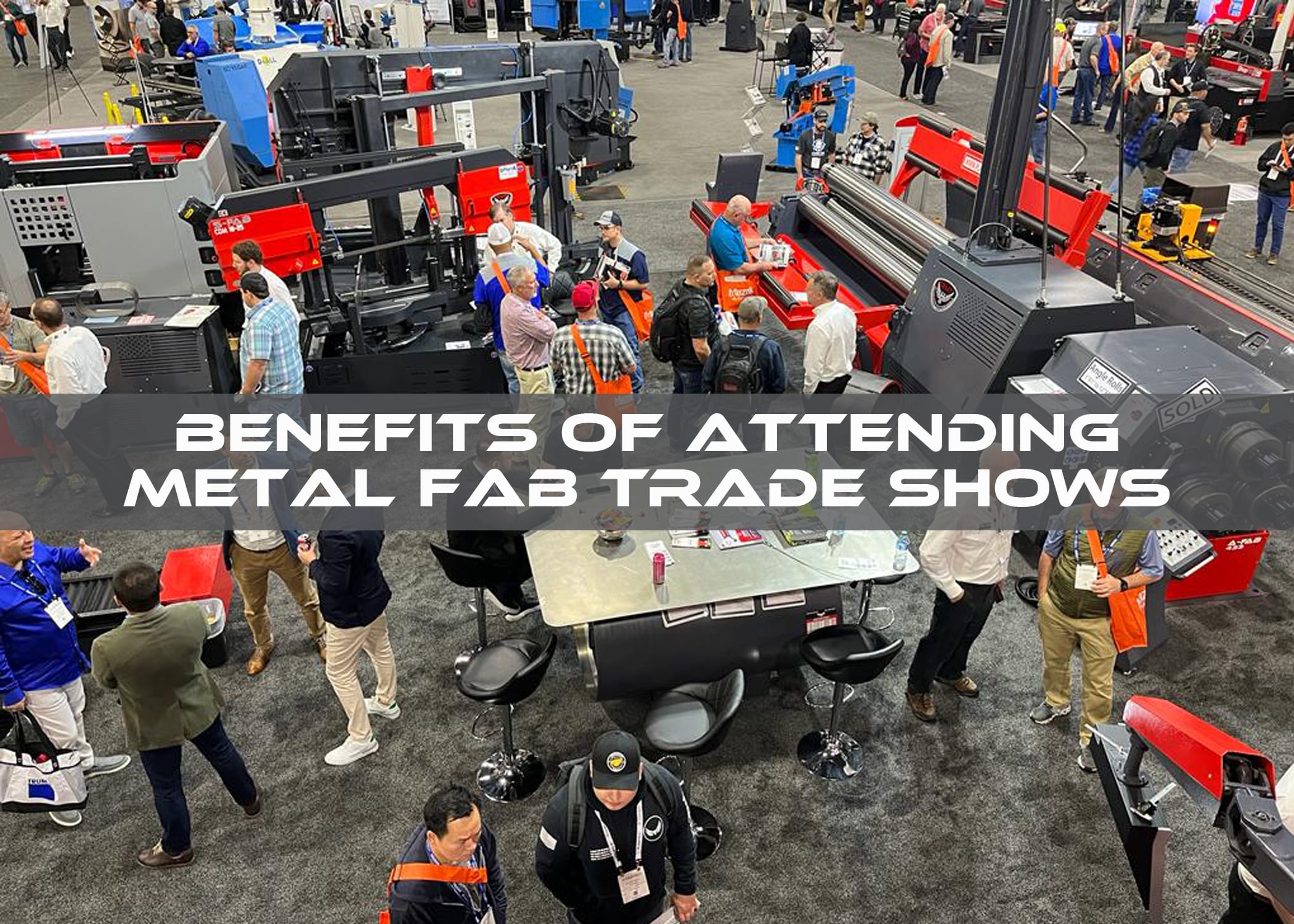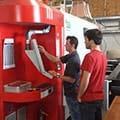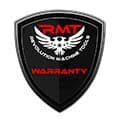A Gathering Place for Sellers
Five thousand years ago, vendors in the middle east would gather to form bazaars to better sell their collective goods to the public, especially to travelers passing through their region. These became the forerunners of what we would call trade shows today. The first organized trade fair in recorded history was started in Frankfurt, Germany in the 1100s. In the United States, agricultural fairs were held as early as the mid-1700s.
The first true modern trade show was The Great Exhibition, held in London in 1851. A special structure called the Crystal Palace was built to house the event, and the exhibition was opened by Queen Victoria. Six million people toured the event over the course of the five months it ran, with visitors being able to view a diverse range of products from around the world. 14,000 exhibitors put more than 100,000 objects on display, including handmade items crafted by indigenous Māori from New Zealand, rare jewels, musical instruments, textiles, ceramics, and perfumes. Samuel Colt demonstrated his prototype for the Colt 1851 Navy Revolver, and various machines were displayed, including telescopes, carriages, steam engines, and even hydraulic presses.
Of the estimated 13,000 trade shows that now take place annually in the United States, a few hundred local, regional, national, and international expos are dedicated to industries related to metalworking, such as welding, minerals, automotive manufacturing, powder coating, CAD/CAM, plant management, engineering, and automation. There are shows dedicated to specific materials, such as titanium or aluminum, and exhibitions that focus on techniques like forging or pipeline construction.
The concept of creating a community of metalworking machine sellers came about in 1902 when the National Machine Tool Builders’ Association (NMTBA) was founded. Later renamed the Association for Manufacturing Technology (AMT), the organization sponsored the first in a series of trade shows for machine tools in 1927. Those expositions continue today as the International Manufacturing Technology Show (IMTS).
A regional show specifically oriented around metal fabrication technology was begun in 1981 and named FABTECH. It has since grown into North America’s largest exposition for metal forming, welding, fabricating, and finishing, and is co-sponsored by the Fabricators and Manufacturers Association, International (FMA), the Society of Manufacturing Engineers (SME), the American Welding Society (AWS), the Precision Metalforming Association (PMA), and the Chemical Coaters Association, International (CCAI).
Owners and operators of metal fabrication businesses who want to stay abreast of the latest developments in the field should strongly consider attending metal fab trade shows like FABTECH where they can be exposed to new technology that might be helpful in their work.
Benefits of Attending Trade Shows in the Metal Fabrication Industry
In the fast-paced and ever-evolving world of metal fabrication, staying ahead of the competition is crucial for businesses seeking growth and success. One practice that continues to play a significant role in achieving this goal is attending trade shows in the metal fabrication industry. Trade shows offer a unique opportunity for professionals, manufacturers, suppliers, and customers to come together, fostering an environment of collaboration and innovation.
Some of the benefits that these events provide to metal fabricators include the following:
- Planning Purchases. With potentially hundreds of exhibitors, metal fabricators can encounter a wide range of products, services, and problem-solving ideas for their businesses. Attendees can examine the latest machines and technologies in the industry, all gathered in one location.
- Industry Insights and Trends. By attending trade shows, metal fabrication professionals gain valuable insights into the industry’s current trends and future projections. Understanding where the industry is heading helps businesses adapt their strategies and stay relevant in an ever-changing landscape.
- Networking Opportunities. Trade shows are ideal platforms for networking and building relationships within the metal fab industry. Business owners, executives, and professionals can meet potential customers, partners, suppliers, and even competitors. These interactions provide potential collaborations and new business prospects.
- Learning and Education. Trade shows often host seminars, workshops, and presentations led by industry experts. These educational opportunities allow participants to stay informed about the latest industry developments, advancements in technology, best practices, and regulatory updates. By expanding knowledge and expertise, attendees can improve their operational efficiency and remain competitive in the metal fabrication market.
Fabrication machinery manufacturers and sellers also find a wealth of advantages for exhibiting in a metal fab trade show:
- Showcase Innovations. Participating in a trade show allows metal fabrication companies to showcase their latest innovations, products, and technologies. Exhibiting at these events provides a chance to demonstrate unique capabilities and cutting-edge processes that set a company apart from its competitors.
- Motivated Sales Environment. Trade shows create a unique and energetic sales environment. The concentration of potential customers and decision-makers under one roof provides an excellent setting for closing deals, launching new products, and securing partnerships.
- Lead Generation. Trade shows generate a high volume of targeted leads in a short period. Attendees are often motivated and interested in the industry’s offerings, making them prime prospects for generating leads and potential sales. Companies can follow up with these leads after the event to nurture relationships and convert them into loyal customers.
- Competitive Analysis. Trade shows provide an excellent opportunity to conduct competitive analysis. Companies can observe their competitors’ exhibits, product offerings, marketing tactics, and customer interactions, which can be invaluable in formulating counterstrategies and identifying areas for improvement.
- Market Research. Trade shows offer an unparalleled opportunity for businesses to conduct market research. By engaging with attendees, exhibitors can gather feedback on their products and services, understand recurring problems that customers experience, and identify emerging trends. This information can be invaluable in fine-tuning strategies and making data-driven business decisions.
- Strengthening Brand Image. Taking part in trade shows helps in enhancing a company’s brand image. An impressive exhibit, backed by excellent product demonstrations and knowledgeable staff, leaves a lasting impression on potential customers and partners. A strong brand presence reinforces trust and credibility in the minds of stakeholders.
For any metal fabrication company seeking to thrive in a competitive market, trade shows should be a fundamental part of their marketing and growth strategies. By actively participating and engaging in these events, those in the metal fabrication sector position themselves as industry leaders that stay ahead of the curve and are prepared for long-term success.







